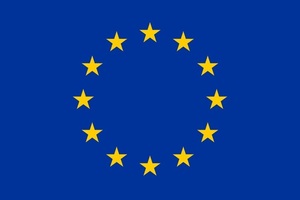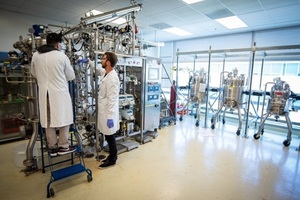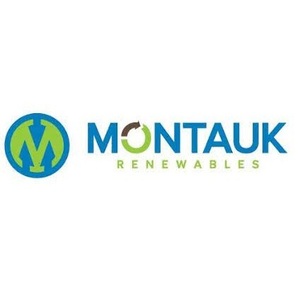Enviva, USIPA welcome REDIII biomass sustainability provisions
Energy Disrupter
ADVERTISEMENT
The European Commission on March 30 reached a provisional agreement on the Renewable Energy Directive III (REDIII) that aims to increase targets for renewable energy. It also includes provisions to strengthen bioenergy sustainability criteria.
The provisional agreement raises the European Union’s binding renewable target for 2030 to a minimum of 42.5 percent, up from the current target of 32 percent. Negotiators also agreed that the EU would aim to reach 45 percent renewables by 2030.
For bioenergy, the agreement strengthens bioenergy sustainability criteria in line with the increased climate and biodiversity ambition of the European Green Deal. In the future, the criteria will apply to smaller installations of 7.5 megawatts (MW) or above, rather than the 20 MW threshold in place as part of the current directive. The agreement includes provisions to ensure that forest biomass is not sourced from certain areas with a particular importance from a biodiversity and carbon stock perspective. In addition, wood biomass will have to be used according to its highest economic and environmental added value. Financial support will e banned for energy produced through the use of saw logs, veneer logs, industrial grade roundwood, and stumps and roots.
The U.S. Industrial Pellet Association is welcoming the agreement, calling it “positive for the climate, forests and the continued contributions of sustainable biomass toward supporting both.”
“In a win for science-based policy-making, the EU will maintain its recognition of sustainably-sourced woody biomass as a 100 percent renewable energy source, and enable its use to increase, a necessary measure according to leading analyses to achieve the bloc’s ambitious climate goals,” USIPA said in a statement.
“The compromise represents a measured approach for further strengthening the EU’s strict sustainability criteria, while rejecting several unnecessary and counterproductive proposals, including a cap on the use of Primary Woody Biomass. Peer-reviewed studies increasingly offer robust evidence that woody-biomass is currently sourced in a responsible way that provides a positive impact for the climate and environment.
“The outcome also ensures that U.S. biomass producers will continue to play a significant role in supporting the EU’s decarbonization pathway,” USIPA continued. “The U.S. southeast is the world’s leading region for wood pellet exports. Scientific research continues to show it is a sustainable and dependable sourcing area for woody biomass that can help meet growing demand while maintaining healthy forests and balanced carbon stocks.”
Enviva Inc. is also welcoming the REDIII agreement. “Today’s REDIII agreement is the last major step towards the end of an 18-month process that is now drawing to a favorable conclusion for the environment,” said Thomas Meth, president and CEO of Enviva. “While there will be some conjecture over the coming weeks, based on information that we have received thus far, I am fully confident that the final text will enable our business to continue to support the EU’s journey to Net Zero and will strengthen the platform for Enviva’s growth, especially in light of current high carbon prices. Reputable scientific organizations, including The Intergovernmental Panel on Climate Change (IPCC), show that bioenergy is integral to achieving global climate goals, and I am delighted to hear that this was acknowledged and reflected in the REDIII agreement.”
















